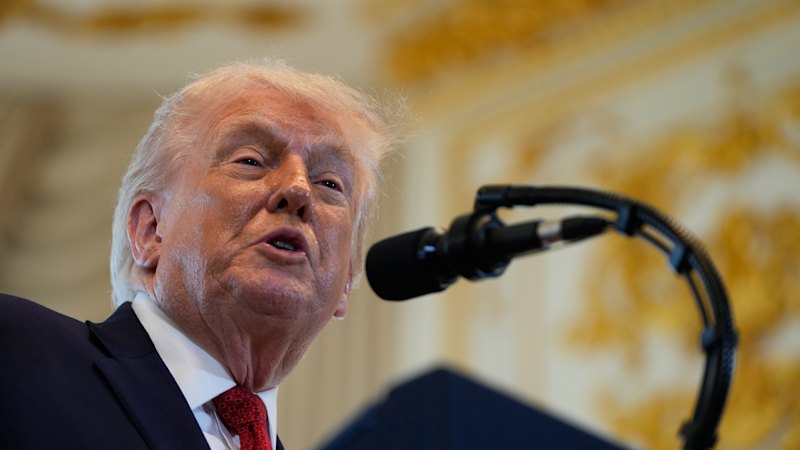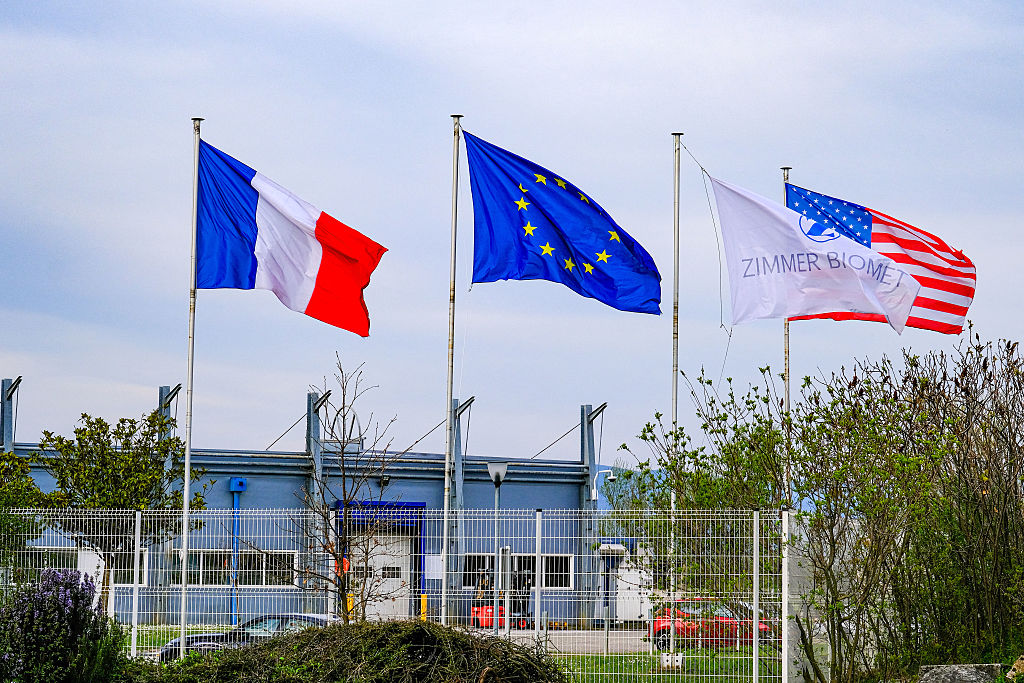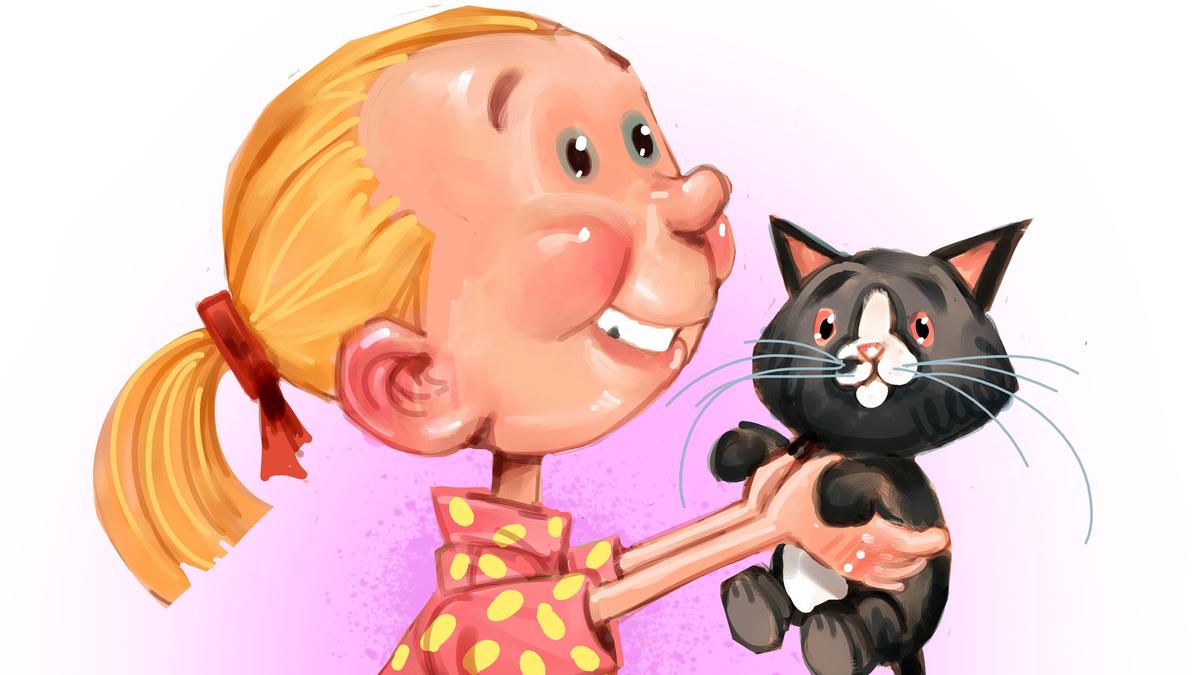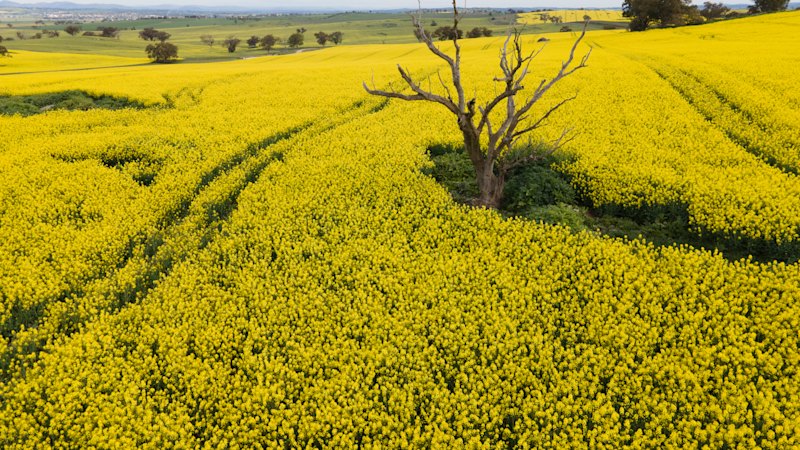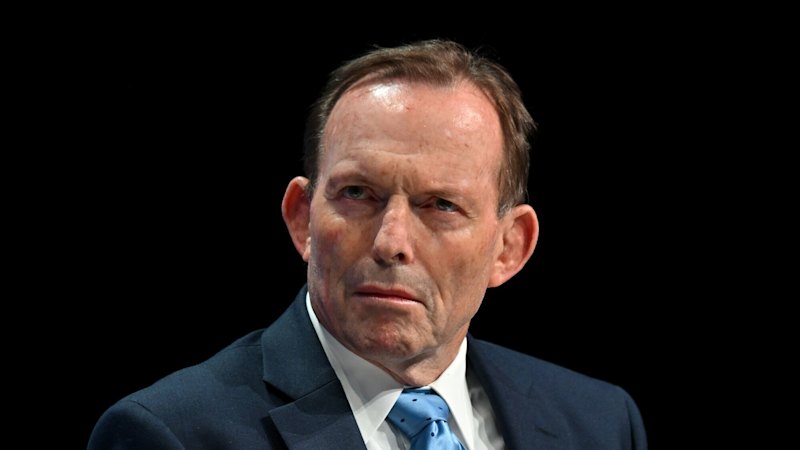
Tony Abbott’s latest interview with journalist Peter FitzSimons has ignited discussions about his political stance and its implications for the future of the Liberal Party. In the conversation, which aired on October 12, 2023, Abbott expressed continued support for certain aspects of former President Donald Trump’s policies, particularly regarding migration. This revelation reflects Abbott’s enduring influence within the party and raises questions about its direction amidst rising independent movements in Australia.
Abbott’s comments on Trump, specifically that “there was more good than bad in Trump’s speech to the UN last week,” indicate his alignment with the hard right’s approach to migration. This view aligns with the sentiments of some party members who feel that the Coalition’s traditional base is under threat from independent candidates gaining traction. Abbott’s bitterness over his defeat in a previously secure Liberal seat only underscores the urgency of these concerns.
In his discourse on history, Abbott also addressed the reliability of oral histories regarding early frontier massacres. He remarked, “a lot rely on oral history written down many, many years after the event, so are not reliable.” This stance raises a notable contradiction when juxtaposed with his staunch Catholic beliefs, given that the earliest Gospels were composed decades after Jesus’ death. Critics have pointed out the lack of direct historical evidence from that period, which Abbott himself has deemed unreliable.
The interview showcased FitzSimons’ characteristic style of challenging his guests without resorting to intimidation. Many observers noted Abbott’s sincerity and strength in presenting his views, despite their divergence from FitzSimons’ perspectives. Such exchanges highlight a rare instance of civil discourse in an increasingly polarized political environment.
In contrast, some commentators believe that the Liberal Party is mired in internal conflicts that hinder its ability to present a cohesive alternative to the government. As Jacqueline Maley articulated in her article, the party’s ongoing battles suggest a potential period of irrelevance. The perception that they are unable to provide viable policy alternatives was echoed by several readers, who pointed to a diminishing public focus on the party’s core messages.
Education professionals are also feeling the effects of broader societal changes. Adam Voigt recently analyzed the challenges faced by teachers in New South Wales. Many educators are leaving the profession for more lucrative opportunities in sectors like mining, highlighting the urgent need for better support and respect for teaching roles. The exodus of teachers could have long-term implications for educational quality, directly impacting students’ futures.
Environmental concerns also featured prominently in recent discussions, particularly regarding feral cat populations in Australia. The ongoing debate over their impact on native wildlife raises critical questions about conservation efforts. With estimates of over 5 million feral cats in Australia, their predation poses a significant threat to vulnerable species and ecosystems.
As the political landscape continues to evolve, Abbott’s commentary serves as a barometer for both his party and its opponents. The discourse surrounding his interview illustrates the complex interplay of legacy, policy, and public perception that defines contemporary Australian politics.

